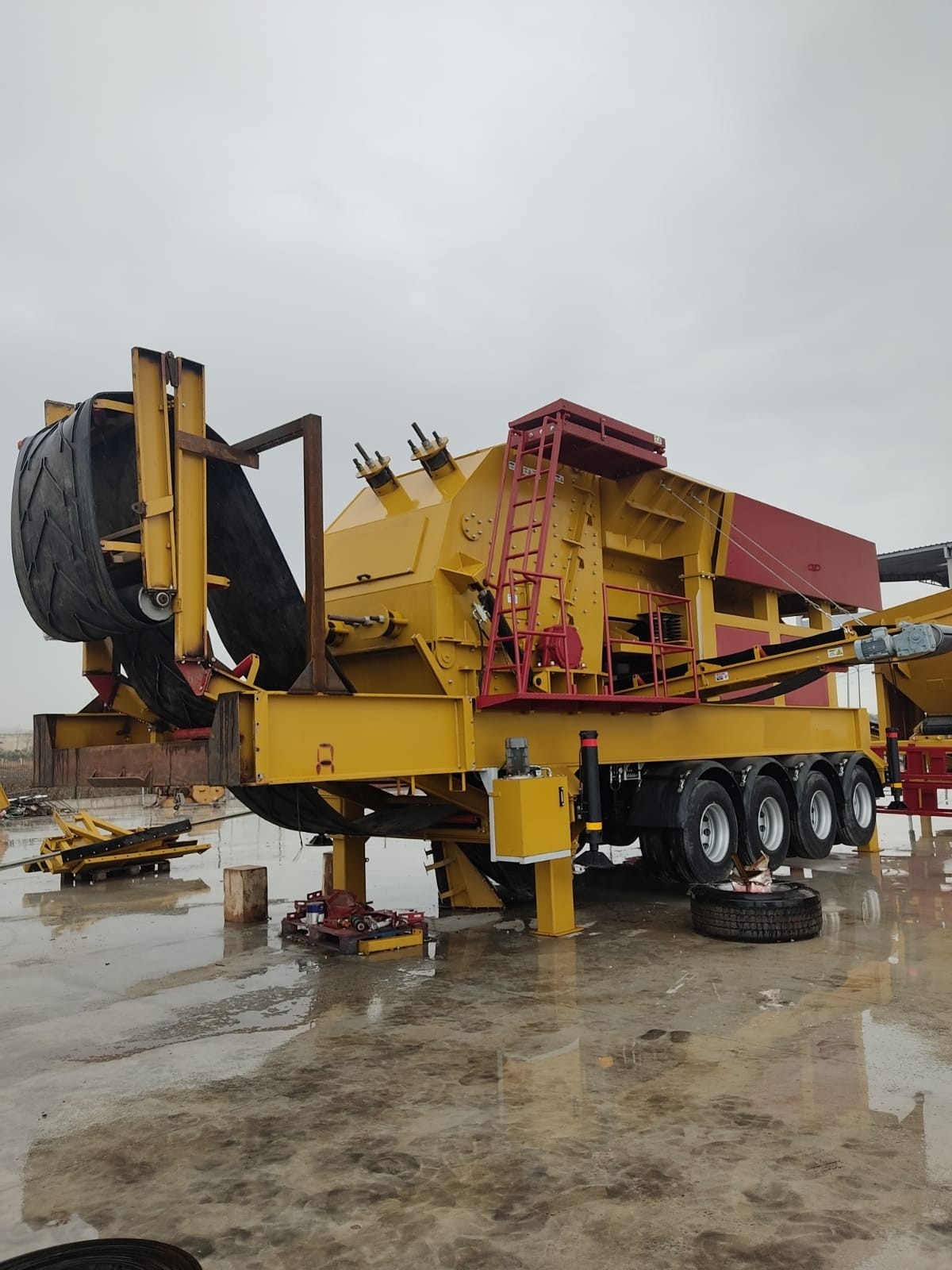When purchasing a secondary cone crusher plant, several factors should be carefully considered to ensure optimal performance, efficiency, and cost-effectiveness. Here are the key points to consider:
Crushing Capacity: Determine the required crushing capacity based on your production needs. Ensure the plant can handle the expected volume of material.
Material Hardness and Abrasiveness: Consider the type of material to be crushed. Different materials have varying hardness and abrasiveness, which can affect the choice of crusher.
Crusher Type and Model: Choose the appropriate type and model of cone crusher. Secondary cone crushers are designed for finer crushing, so ensure the model suits your specific requirements.
Power Consumption: Evaluate the power consumption of the crusher. Energy-efficient models can significantly reduce operational costs.
Maintenance and Spare Parts: Check the availability of spare parts and the ease of maintenance. A crusher with readily available parts and straightforward maintenance procedures will minimize downtime.
Automation and Control Systems: Modern crushers come with advanced automation and control systems. These systems can enhance efficiency and reduce the need for manual intervention.
Durability and Build Quality: Assess the build quality and durability of the crusher. High-quality materials and robust construction ensure longevity and reliability.
Manufacturer Reputation: Research the reputation of the manufacturer. Established brands with a history of producing reliable equipment are generally a safer choice.
After-Sales Support: Consider the level of after-sales support provided by the manufacturer. Good support can be crucial for troubleshooting and maintenance.
Cost and Budget: Finally, consider the overall cost, including purchase price, installation, and operational expenses. Ensure the plant fits within your budget while meeting your production needs.
 English
English
 Le français
Le français
 Türkçe
Türkçe

